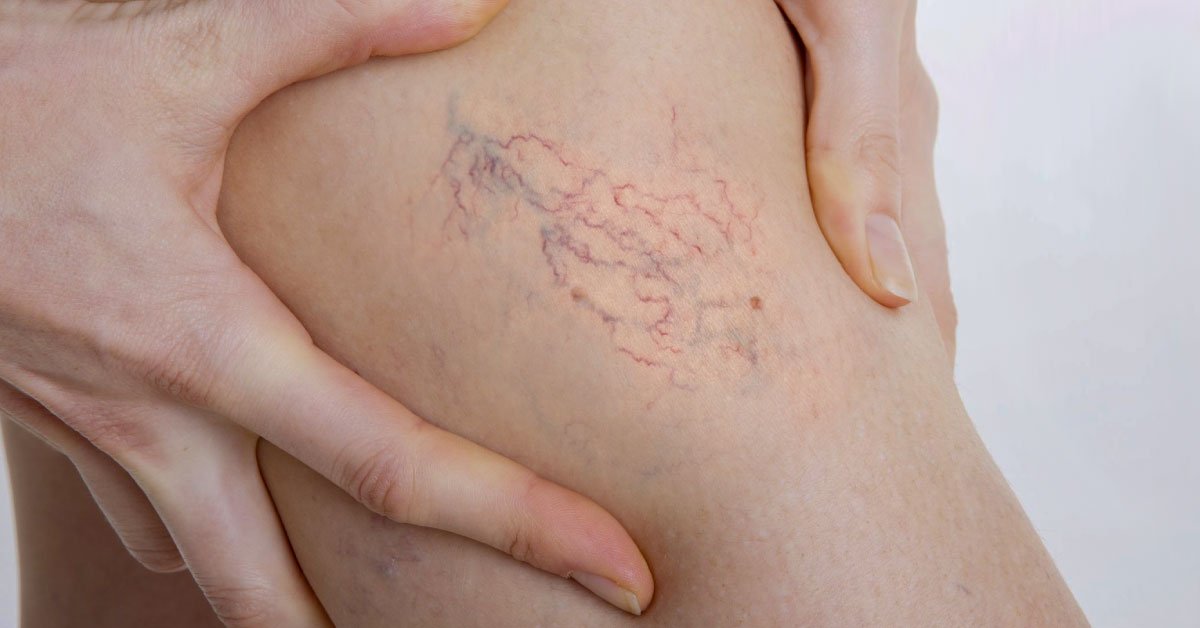Oftentimes, most people are diagnosed with troublesome vascular diseases such as coronary artery or peripheral artery disease. Seeing a vascular specialist can be a vital step in this case. They can help treat such conditions in the long term. You can find the best vascular specialist at CVMUS.
What is a vascular surgeon?
Your blood vessels are critical body components that transport blood throughout your body. Whenever an injury or disease tampers with the integrity of your vascular system, a vascular surgeon becomes crucial. With a specialized treatment plan, they can help restore health.
A vascular surgeon is a professional who has specialties in treating blood vessel-related issues. They major in performing operations that help promote blood circulation. They can manage and diagnose disorders that affect the lymphatic system, arteries, and veins. A vascular specialist can perform reconstructive vascular surgery, endovascular catheter-based procedures, non-invasive vascular testing, and even open operations.
However, though they focus their operations on arteries and veins, their work is limited to heart operations or blood vessels residing in heart areas. You may expect the following treatments by a vascular specialist:
Atherosclerosis
Atherosclerosis is popularly referred to as the “hardening of the arteries.” Atherosclerosis in the carotid arteries often risks pieces of atherosclerotic plaque to rapture and travel towards the brain, resulting in a stroke. Therefore, your vascular specialist can tell whether your arteries are in proper shape or intervene to prevent further stroke.
Varicose Veins
Varicose veins are primarily visible but twisted veins, sitting shallowly below the skin. Some of their effects are blood clots, leg pain, and visibly ugly. However, visiting a vascular specialist can help deter this condition using a treatment plan. Popular plans include exercising, elevation of the legs, and compression socks. Or a vascular specialist may apply surgery to close off varicose veins or remove them altogether in cases where nonsurgical procedures decline.
Aneurysms
Aneurysms are a condition involving the enlargement of an artery. For example, the artery walls may continually become thin and more likely to rupture, a life-threatening condition. A vascular specialist will tell if an artery can rupture or clot, and they may monitor it or purpose to get it repaired.
Peripheral Arterial Disease
Arteries are responsible for transporting blood from the heart to all body parts. If blood vessels are blocked or severely narrowed by fatty cholesterol deposits, they can deter this circulation. As a result, people may experience pain in limb regions during exercises. Also, a narrowing in a leg artery induced calf pain when the subject walks, also called intermittent claudication. If you encounter an artery narrowing to the extreme, pain may occur during rest and worsen if an artery is entirely blocked, failing to supply blood to the target body area. Oftentimes, these body parts are irreversibly damaged. For instance, a limb can become numb, cold, pulseless, pale, or paralyzed. A vascular surgeon has expertise and experience in treating these conditions.
Procedures to Expect by Your Vascular Specialist
Stenting
The stenting procedure employs a deflated balloon and a tiny wire. A vascular specialist places the wire over the balloon and moves it towards the area of most tremendous narrowing. Once the balloon gets inflated, the cylindrical wire cage expands, holding the open vessel and retaining its newly adapted diameter after the balloon is ejected.
Angioplasty
Angioplasty helps unblock a narrowed or blocked blood vessel. A vascular specialist typically passes a wire through the narrowed artery space. Afterward, they thread a tiny deflated balloon over the wire into the section with the most significant narrowing. Once in perfect position, it’s inflated, opening up the distorted vessel.
Bypass Operation
Some vessels may be irreversibly blocked or narrowed. In that case, a vascular specialist may find it proper to employ a bypass operation. As the name suggests, a new vessel segment (another artery or vein) is bridged over the existing but damaged vessel, attaching it to each side of the narrowing. As a result, the treatment helps bypass the blockage altogether.
What Newcomers Should Expect During Their Visit
History
During your first visit, a vascular specialist will inquire about your symptoms and the issues you have recently encountered. Also, they should ask questions about typical factors associated with vascular disease, including smoking, diabetes, high cholesterol, high blood pressure, and if it’s a genetic disorder for your family.
Examination
Afterward, your vascular specialist should be able to check your blood pressure, examine your blood vessels, collect evidence for vascular disease, and even feel for pulses. Specialty areas of interest include carotid surgery, peripheral vascular disease, diabetic ulcers, peripheral venous disease angiography etc.

